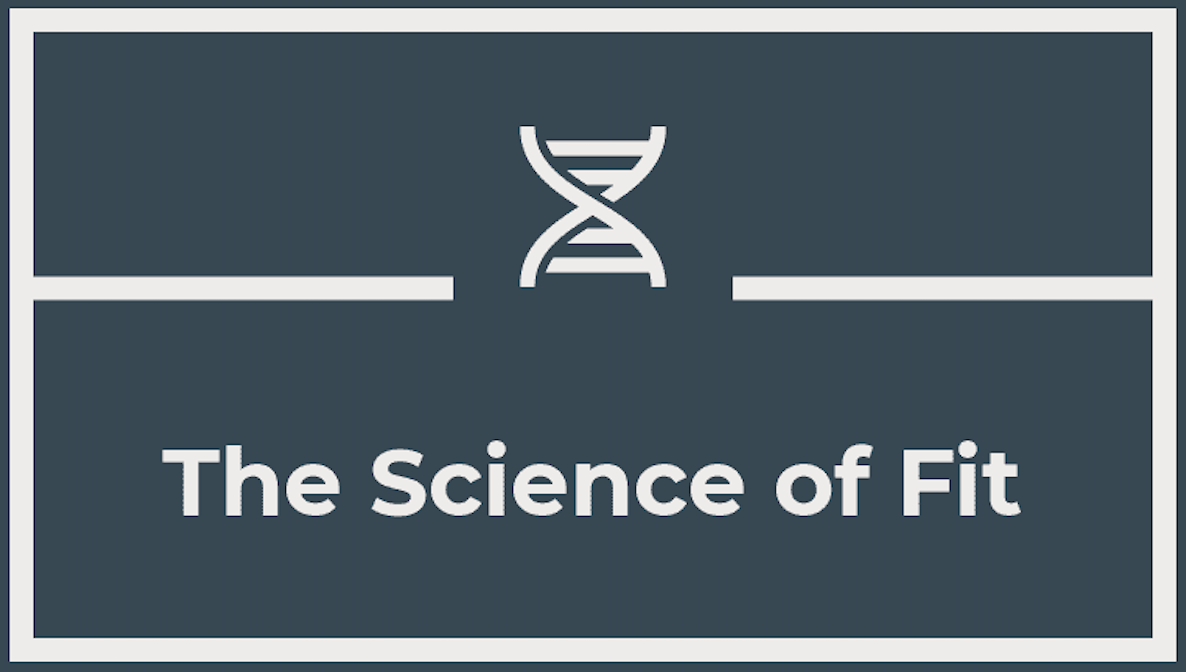Plant vs Animal Based Protein
A Comparative Analysis of Plant-Based and Animal-Based Proteins in Dietary Nutrition

The global shift towards sustainable living has spurred interest in plant-based diets, particularly concerning protein sources. This paper explores the nutritional differences, health benefits, and environmental impacts of plant-based proteins versus animal-based proteins. Through a review of current scientific literature, this study aims to provide a comprehensive comparison to guide dietary choices.
Introduction
Protein is a vital macronutrient essential for various bodily functions, including muscle repair, enzyme production, and hormone regulation. Traditionally, animal products have been the primary source of dietary protein. However, plant-based proteins are gaining popularity due to their potential health benefits and lower environmental impact. This article examines the nutritional profiles, health outcomes, and ecological footprints of plant-based and animal-based proteins.
Nutritional Profiles
Amino Acid Composition
Animal proteins, such as those found in meat, dairy, and eggs, are considered complete proteins, containing all essential amino acids in optimal ratios. In contrast, most plant proteins are incomplete, lacking one or more essential amino acids. However, combining different plant proteins (e.g., beans and rice) can provide a complete amino acid profile.
Digestibility and Bioavailability
Animal proteins generally have higher digestibility and bioavailability than plant proteins. The Protein Digestibility-Corrected Amino Acid Score (PDCAAS) often ranks animal proteins higher due to their efficient absorption and utilization by the body. Plant proteins, however, can be enhanced in digestibility through cooking and processing methods.
Health Benefits
Cardiovascular Health
Numerous studies suggest that plant-based diets are associated with a lower risk of cardiovascular diseases. Plant proteins typically come with lower levels of saturated fats and cholesterol compared to animal proteins, contributing to improved heart health.
Weight Management
Plant-based proteins can aid in weight management due to their high fiber content, promoting satiety and reducing overall calorie intake. Additionally, plant proteins are often lower in calories and fats than animal proteins.
Chronic Diseases
Diets rich in plant proteins have been linked to a reduced risk of certain chronic diseases, including type 2 diabetes and certain cancers. The presence of phytochemicals and antioxidants in plant-based foods contributes to these protective effects.
Environmental Impact
Resource Utilization
Animal farming is resource-intensive, requiring significant amounts of water, land, and feed. In contrast, plant-based protein production generally demands fewer resources, making it a more sustainable option.
Greenhouse Gas Emissions
Livestock farming is a major contributor to greenhouse gas emissions. Switching to plant-based proteins can substantially reduce an individual's carbon footprint, contributing to climate change mitigation efforts.
Conclusion
Both plant-based and animal-based proteins offer distinct advantages and potential drawbacks. While animal proteins provide complete amino acids and high bioavailability, plant proteins offer substantial health benefits and are more environmentally sustainable. A balanced diet incorporating diverse protein sources can leverage the strengths of both types, promoting overall health and well-being.
References
1. Hu, F. B., & Willett, W. C. (2019). Plant-based foods and prevention of cardiovascular disease: an overview. Trends in Cardiovascular Medicine, 29(10), 507-512.
2. Craig, W. J. (2009). Health effects of vegan diets. The American Journal of Clinical Nutrition, 89(5), 1627S-1633S.
3. Poore, J., & Nemecek, T. (2018). Reducing food's environmental impacts through producers and consumers. Science, 360(6392), 987-992.
4. Richter, C. K., Skulas-Ray, A. C., Kris-Etherton, P. M., & von Schacky, C. (2017). Plant protein and animal proteins: do they differ in effect on cardiovascular disease risk? Current Atherosclerosis Reports, 19(12), 62.
Fitness From Head to Toe
Contact Us
Contact Us
We will get back to you as soon as possible
Please try again later










